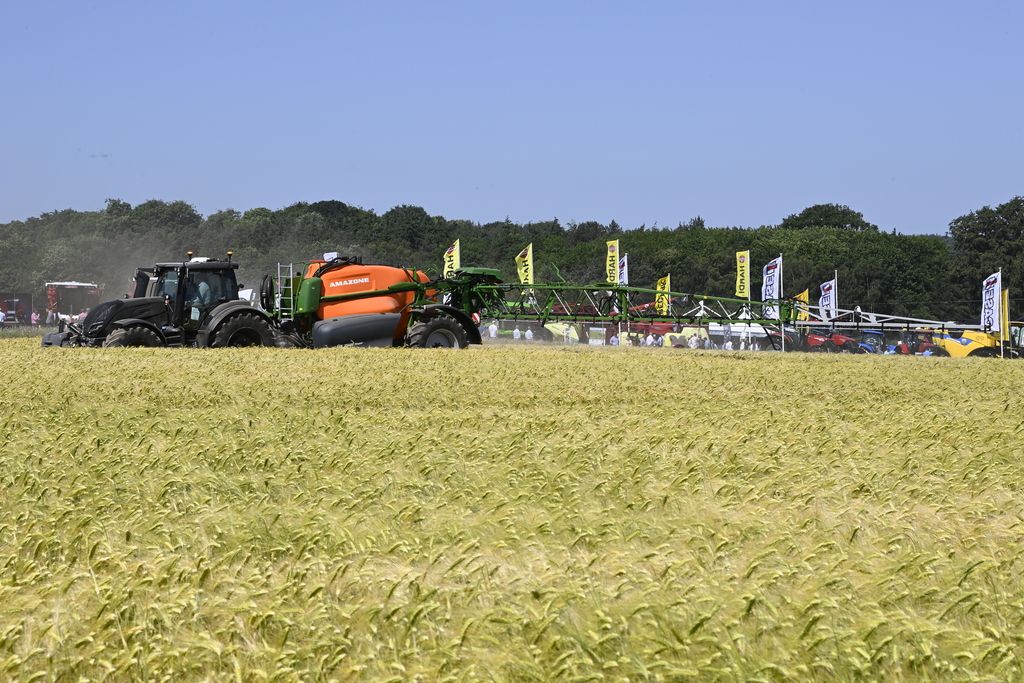)
Georgie Bray
The RSPB bought Hope Farm, a conventional arable farm in Cambridgeshire, in 2000, with the aim of developing and trialing farming techniques which produce food cost effectively and benefit wildlife at the same time. The aim was to monitor the biodiversity change as a result of integrating biodiversity conservation into a conventional profitable farmed system. By creating key habitats such as skylark plots, wild bird cover, nectar flower mixtures and floristic grass margins and implementing true integrated pest management (IPM), we wanted to demonstrate a working conventional arable farm with diversity, and without effecting the profitability of the site. The whole time of RSPB’s ownership has been a useful learning curve, where experiences have helped develop RSPB messages and advice to farmers, government and the general public. The cropping is under a shared farm contract agreement, and environmental management contracted out to Martin Lines, a local farmer.
From 2000 to 2005 they followed the same historical cropping practice, similar to other farms in the area. The farm followed a simple three year rotation of first and second wheats with oilseed rape (OSR). The rotation has since evolved to regularly include seven different crops. This helps to control weed problems, reduce our overall input costs and so reducing risk, whilst reducing carbon footprint. Rotations form a crucial part of our IPM programme too. They now grow OSR, winter wheat, spring beans, winter and spring barley, winter and spring beans and spring millet.

 (7).webp)
